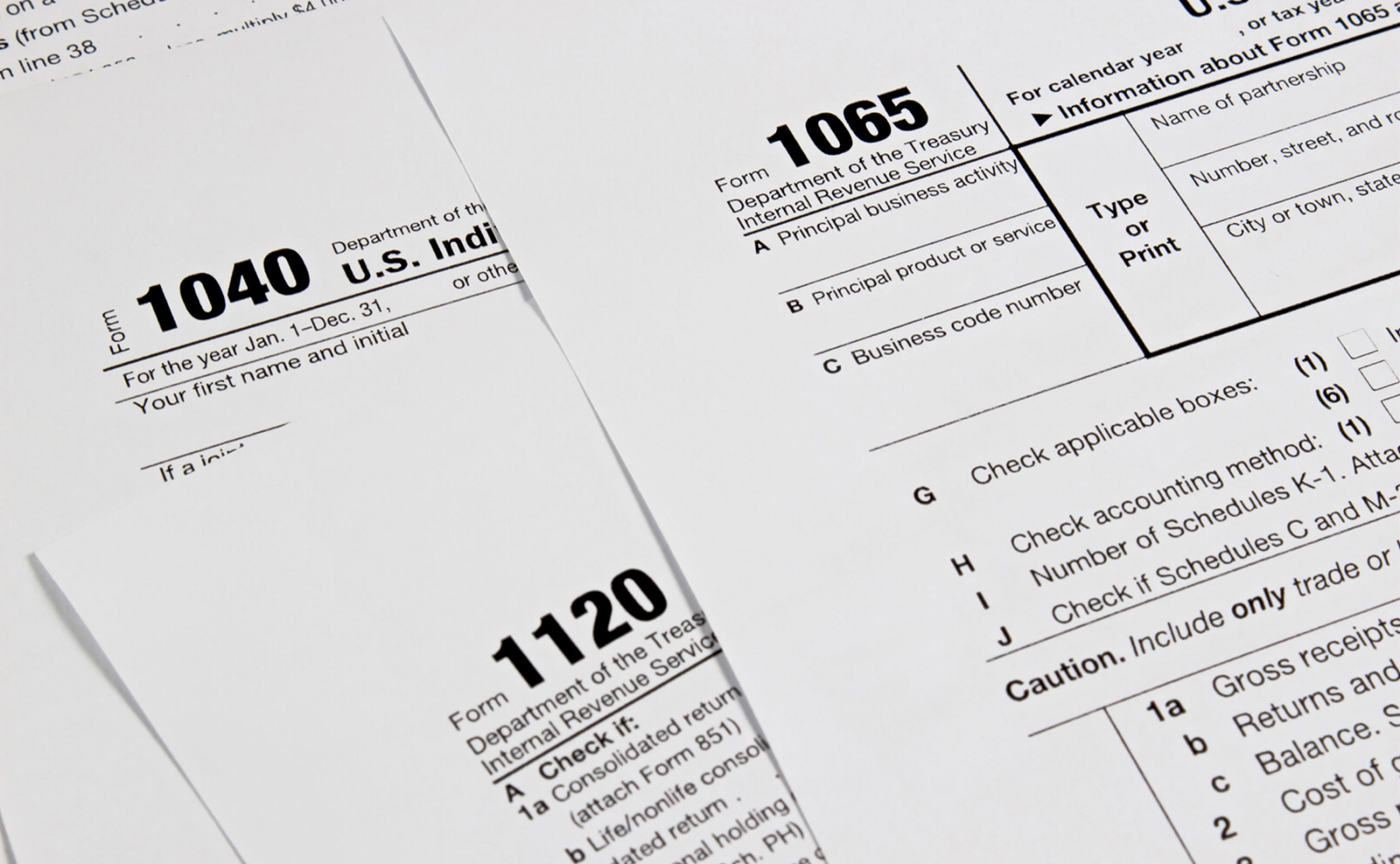It seems like it can’t be possible, but the 2020 tax season is already in full swing, with the April 15th Tax Day fast approaching. As a result of the pandemic and resulting government response, several things are different for 2020 taxes relative to prior years.
- No tax-filing extension. Unlike last year, when the IRS extended the tax filing deadline to July 15th, the agency has signaled the American taxpayer should not expect a reprieve on the tax deadline again this year. Therefore, plan to file your taxes by April 15th or file an extension, which gives you until October 15th to file.
- File early if your 2020 income will qualify for stimulus payment. Congress is poised to pass a $1.9 trillion stimulus bill, including a $1,400 per person stimulus check aimed at helping Americans get through the pandemic. To qualify for the full amount, individuals must have adjusted gross income below $75 thousand, and couples filing jointly must earn less than $150 thousand. There will be a phase-out above these levels for partial payments, currently under debate in Congress. The Senate has placed a March 14th deadline to finish the legislation. Like the previous rounds of stimulus, the individual payment amounts will be calculated based on your most recent tax return on file with the IRS. This means if you can finish your 2020 taxes before the bill is passed and your income dropped in 2020, compared to 2019, you might now be eligible for a stimulus payment even if you didn’t qualify based on 2019 income. Alternatively, if your 2020 income will disqualify you from getting the stimulus payment, but 2019 was low enough, you might consider delaying filing your taxes to hopefully get the payment based on your 2019 tax return. The current bill has language specifying that if you qualify for the full stimulus payment based on your 2019 taxes, but do not qualify based on your 2020 taxes, you will not have to pay the IRS back for that discrepancy.
- Special charitable deduction for non-itemizers. If, like 88% of American taxpayers, you do not itemize your tax deductions and instead claim the standard deduction, the CARES Act created the opportunity to take an “above the line” $300 deduction for charitable giving, regardless of filing status. To qualify for the deduction on your 2020 return, the gift must have been made before December 31, 2020. It must be a cash donation made by check, credit card, or debit card and to a qualifying charity. This special deduction has also been extended for the 2021 tax year and allows up to a $600 deduction for married couples.
- Stop waiting for a 1099-R for your required IRA distribution. Another difference to prior years is that the CARES Act allowed people to skip the required distribution from their retirement accounts in 2020. So, unless you still took a distribution from your retirement account, you shouldn’t be receiving a 1099-R for 2020.
Now that 2020 is behind us, it is time to look forward to 2021. Part of looking forward is planning to manage taxes. Contact your tax professional to see what planning opportunities might exist given your situation.

